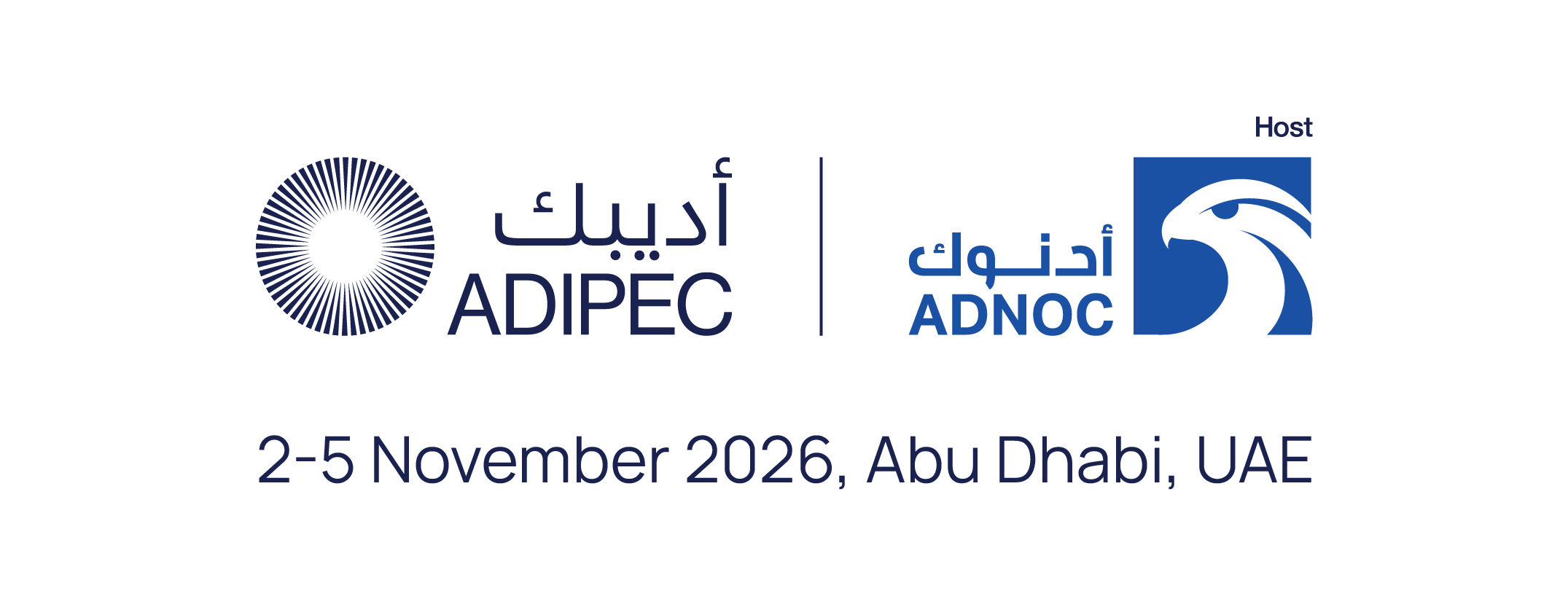Funding to cut emissions in natural gas pipelines
Funds will be provided to Gazoduq Inc. through ERA's Partnership Intake Programme.
The $4 million (€2.6 million) project will evaluate the feasibility of using electrification, artificial intelligence, and machine learning to decarbonise natural gas pipelines from Alberta to Quebec.
This investment supports the Government of Alberta’s Natural Gas Vision and Strategy by helping to improve competitiveness and create economic opportunities for the natural gas sector.
Gazoduq’s project will assess the feasibility of using renewable energy to power large scale electric drives for three compressors used in the transmission of natural gas.
At 40 megawatts each, the electrification of compressors at this scale would be first of its kind globally.
At compression stations where renewable electricity is not feasible, cogeneration (using waste heat) will be explored.
A potential application of the technology is a proposed transportation pipeline from Alberta through TC Energy's existing Canadian Mainline before connecting to a new transmission line proposed from Northern Ontario to a liquified natural gas (LNG) facility in Saguenay, Quebec.
If proven successful, the new technology could cut up to 1.8 million tonnes of GHG emissions in Quebec by 2030.
If this approach is adopted in Alberta at 6 compression stations, cumulative GHG reductions of approximately 440,000 tonnes of CO₂e could be achieved by 2030 and 6.3 million tonnes by 2040.














